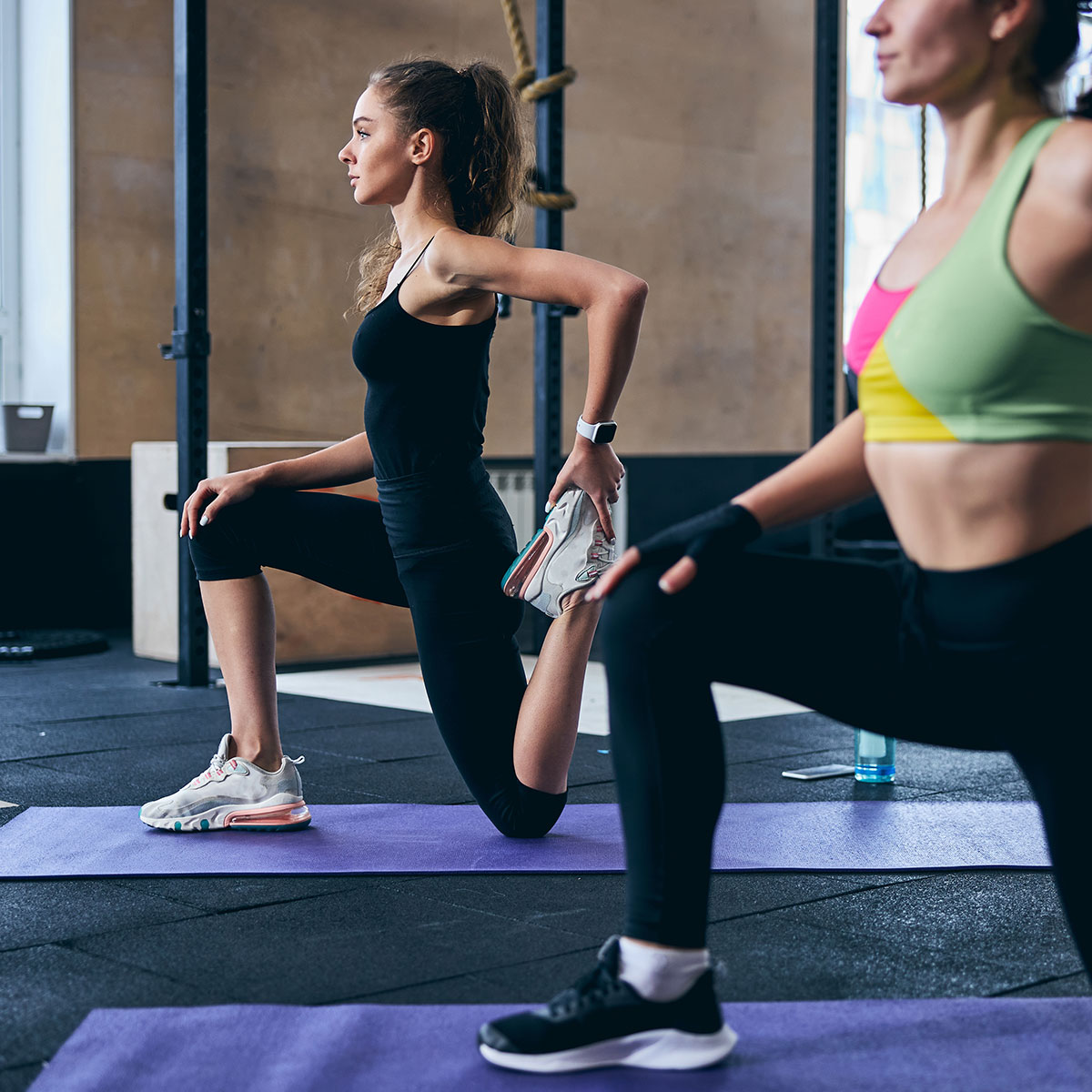
Want to Stay Strong After 40? A Health Coach Recommends These 3 Fitness Tips for Maximum Results
1. Train With Someone Your Age
Sutton's first tip is to hit the gym with a trainer in your age range who can understand your physique and what it needs. He encouraged viewers to "stop following these young trainers on Instagram talking about how you can eat 2 3,000 calories to lose weight." He added: "Listen, you're not these guys anymore. These young bucks are running around, they're partying. They can stay up super late at night. You're not."
He went on: "You have responsibilities and you live a sedentary lifestyle. You have to admit to it." After acknowledging this, he noted that it's best to work out with a supportive community who can understand your fitness goals over 40. He stressed that "3,000 calories isn't going to help you burn fat," as some younger TikTokers might suggest.
2. Get Enough Sleep
Sutton's second tip holds great importance: maintaining a consistent and healthy sleep routine is crucial. Adequate rest allows your body to recover, which not only benefits your overall health but also enhances your capacity to engage in physical exercise. When you prioritize sleep, you give your body the necessary time to heal and rejuvenate, making your workouts more effective and sustainable in the long run.
"You need to get somewhere around 7 to 8 hours of sleep just to be function and be sane in your mind," Sutton said. He added: "Again, you're not these young bucks who could function off 3 or 4 hours of sleep and still be looking nice and lean. It's just part of aging."
3. Prioritize Mobility Training
Sutton's final tip is to focus on exercises and activities that enhance joint flexibility, expand range of motion, and improve overall mobility over 40. He suggested not working out like you're "in your twenties," heading to the gym and "hitting that bench press or those squat racks, and then expecting the same results."
He went on: "What's going to happen? You're going to go back to your gym and then just get hurt? You want to be able to train with someone who's experienced and also the same age or close to your age as well, who knows how the body functions as you age." The health coach also recommended "more corrective, safe" and ultimately low-impact movements.
The Bottom Line
As we grow older, keeping our flexibility and movement intact is crucial for staying self-sufficient, minimizing stiffness, and avoiding injuries. Stiff muscles and joints can restrict our ability to move freely, making everyday activities more difficult. Nevertheless, adding mild exercises to your daily regimen can greatly boost flexibility, increase joint movement, and support improved posture and balance. Sutton's suggestions here are an excellent starting point!


